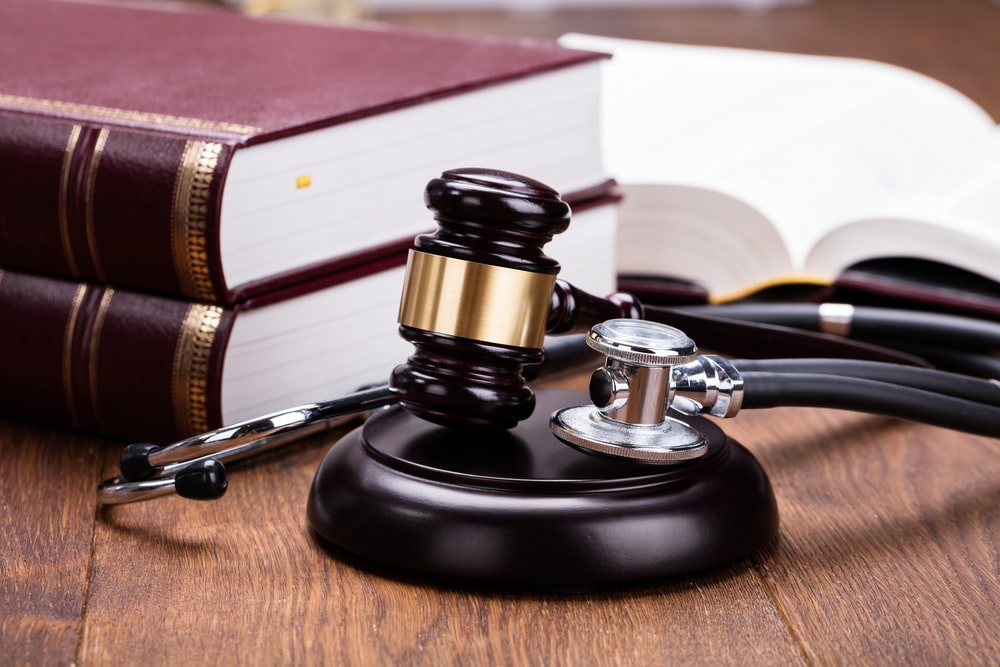As our Raleigh, NC personal injury lawyer can confirm, personal injury cases arise when someone is harmed due to another party’s actions or inactions. Central to these cases are the legal concepts of negligence and liability, which determine whether a victim can recover compensation for injuries and damages. Understanding how negligence and liability work is essential for anyone pursuing a personal injury claim.
What Is Negligence?
Negligence occurs when a person or entity fails to exercise reasonable care, resulting in harm to another. It is the most common basis for personal injury claims. To prove negligence, four elements must generally be established:
- Duty of Care – The responsible party had a legal obligation to act in a certain way to prevent harm. For example, drivers have a duty to obey traffic laws and operate their vehicles safely.
- Breach of Duty – The responsible party failed to meet their duty of care. This could include speeding, failing to fix a dangerous property condition, or providing defective products.
- Causation – The breach directly caused the victim’s injuries. There must be a clear link between the negligent act and the harm suffered.
- Damages – The victim sustained actual harm, such as medical expenses, lost wages, property damage, or pain and suffering.
Without all four elements, a negligence claim is unlikely to succeed.
Understanding Liability
Liability refers to the legal responsibility for the harm caused. In personal injury cases, determining liability can be complex, especially when multiple parties may share responsibility. There are several types of liability that may come into play:
- Direct Liability: The person or entity directly caused the injury, such as a driver who runs a red light and hits a pedestrian.
- Vicarious Liability: One party is held responsible for the actions of another, such as an employer being liable for the negligent acts of an employee acting within the scope of their job.
- Comparative or Shared Liability: In some cases, both the victim and the responsible party may share fault. States often apply comparative negligence rules to reduce compensation proportionally.
How Negligence And Liability Affect Compensation
The outcome of a personal injury case largely depends on establishing both negligence and liability. Once proven, the victim may recover compensation for:
- Medical Expenses: Hospital bills, surgeries, rehabilitation, and ongoing care.
- Lost Wages: Income lost due to inability to work, including future earnings in severe cases.
- Pain and Suffering: Physical and emotional distress caused by the injury.
- Property Damage: Repair or replacement of damaged personal items, such as vehicles.
Our skilled personal injury lawyer can investigate the incident, gather evidence, and build a case that clearly demonstrates negligence and liability. This ensures the victim receives fair compensation for both immediate and long-term impacts.
Protecting Your Rights
If you’ve been injured due to someone else’s negligence, documenting the incident, seeking prompt medical attention, and contacting our personal injury lawyer as soon as possible are critical steps. Acting quickly can preserve evidence, establish liability, and strengthen your claim.
Negligence and liability are the foundation of personal injury law. Understanding these concepts helps victims navigate the legal process and secure the compensation they need to recover physically, financially, and emotionally. With the right legal guidance, you can protect your rights and pursue a fair resolution. At Burton Law Firm, we want to help you.
